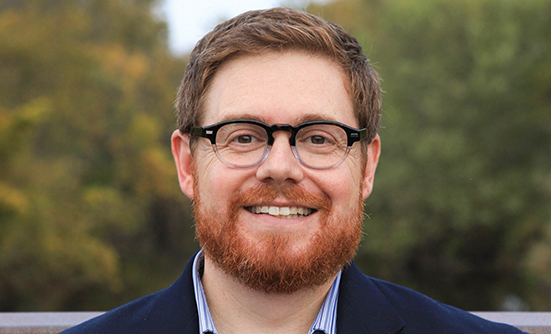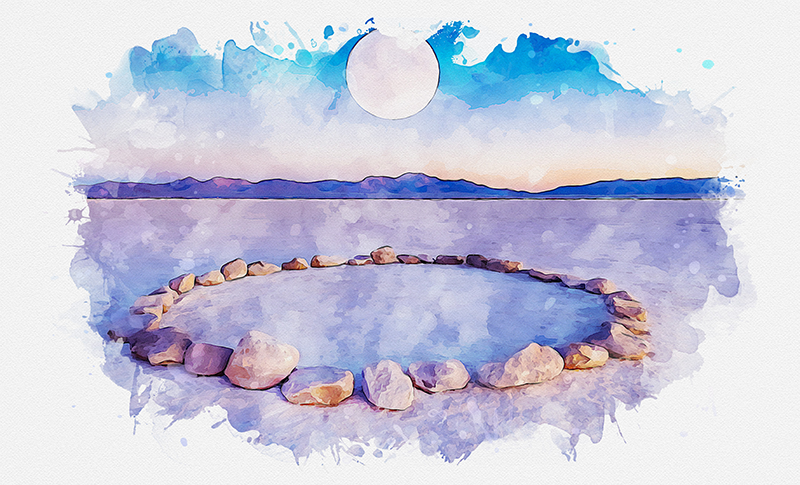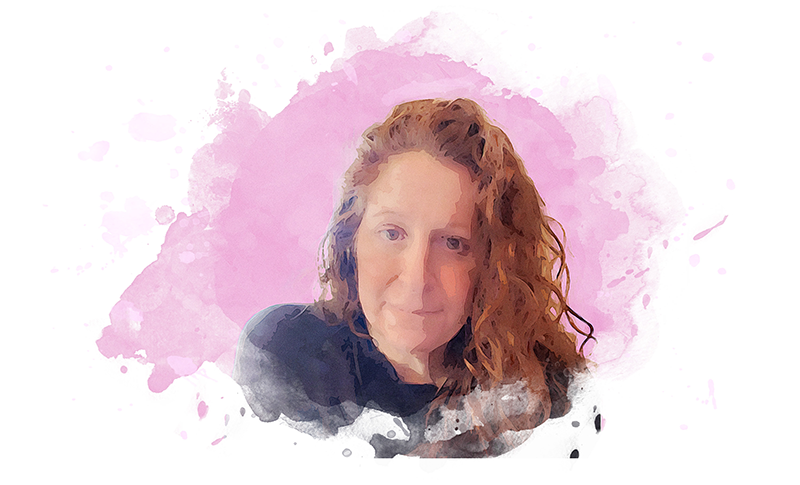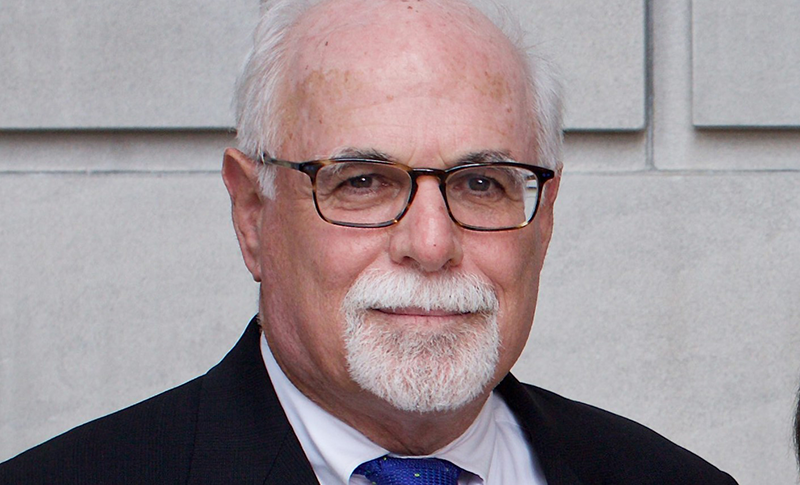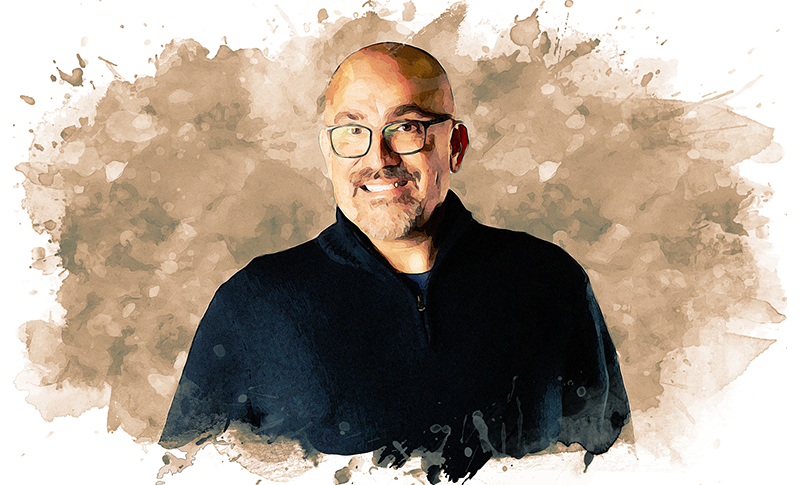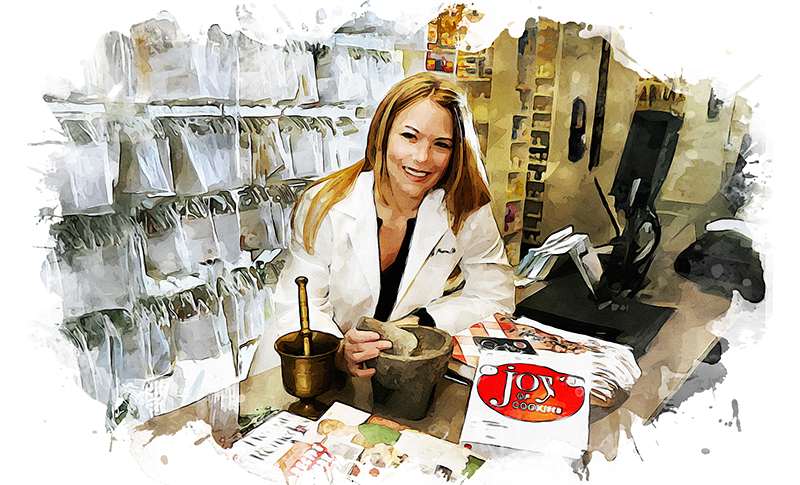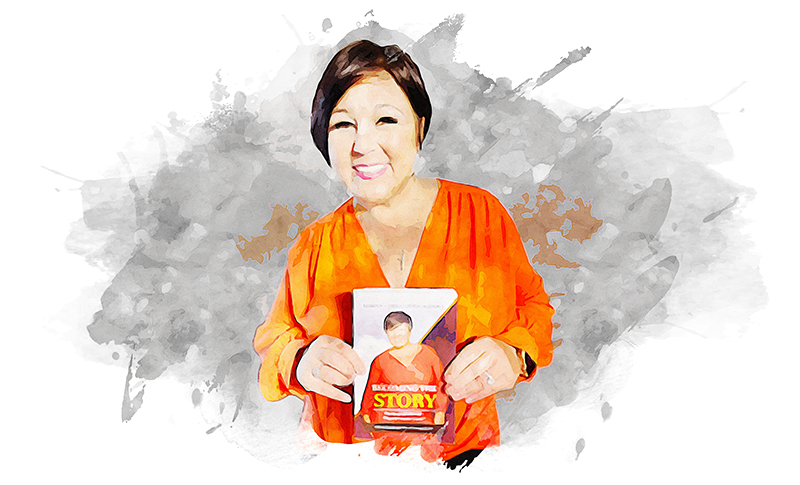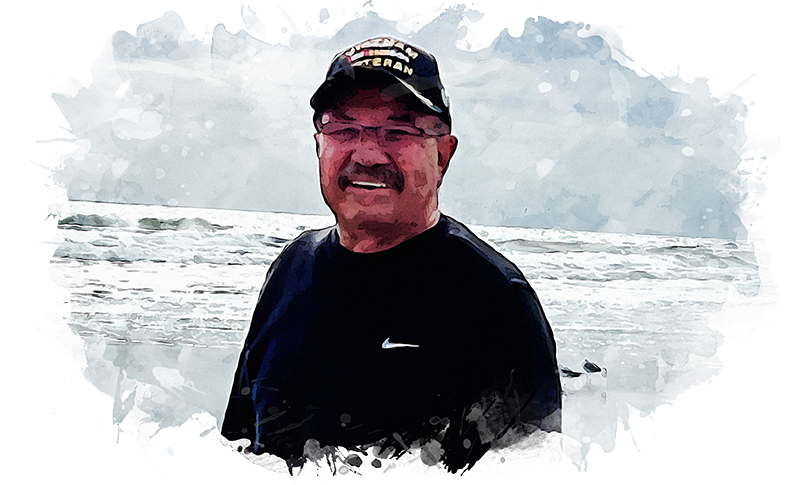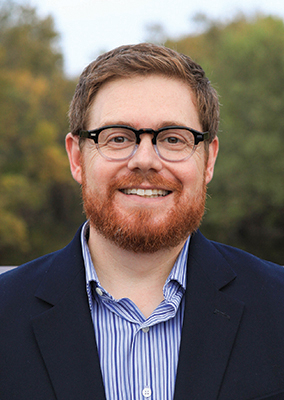
My family and I moved into south Mississippi just 6 days before Katrina struck our community. After Katrina, I dedicated my career to disaster psychology. I moved to the area for my first teaching job as a psychologist, but after surviving the hurricane, I wanted to focus my work specifically on helping people face disasters. That led to founding the Humanitarian Disaster Institute at Wheaton College.
Little did I know that my own personal disaster was coming 3 years later, when I was diagnosed with advanced colorectal cancer at age 35. Learning that I had cancer turned mine and my family’s world upside down. We were devastated.
Being a father of 3 young girls, and facing a disease many people, especially men, shy away from discussing was incredibly difficult. Plus, the treatment brought discomfort and pain. I ended up going through a year-long of cancer treatments, which included radiation treatments 5 days a week and taking chemotherapy tablets orally twice a day, for the whole summer.
Then I had a major surgery to remove the tumor mass, a significant portion of my colon, and some lymph nodes—all of which resulting in a permanent colostomy. I also had a port placed in my chest at the same time. I was bedridden for about a month after surgery. Then, just as I started to get back on my feet again, I began 6 months of drip chemotherapy treatments.
Ongoing Survivor’s Battles
Today, I am thankful beyond measure to say I am close to hitting 5 years with no evidence of disease. But my journey in no way ended with my first “cancer-free” CT scan. As I continue to find my new normal as a survivor, I still face many challenges to overcome.
For example, I’ve had to learn to live with a colostomy, manage fatigue, cope with intrusive traumatic thoughts, deal with permanent neuropathy (from chemotherapy) in my fingers and feet, and face hospitalization once or twice a year, as well as additional surgeries.
Survivor Guilt
One of the hardest aspects to deal with, though, is survivor guilt. Oddly enough, I was 1 of 4 people closely connected to our college campus community who were diagnosed with a similar form of cancer all around the same time. I lived. They did not.
Despite my professional career and research in the aftermath of disasters around the globe, although I was aware of survivor guilt, I wasn’t prepared for it to hit me personally.
As a psychologist, I knew where the term came from. It originated in the 1950s, among Holocaust survivors; those afflicted felt guilt for surviving what so many others did not. I knew survivor guilt was common among survivors of war, suicide, accidents, terrorism, and disease, among others.
Survivor guilt evokes feelings of helplessness, sadness, numbness, or shame. Survivors may withdraw from others, especially from others who were affected by a similar experience.
And even though I knew all this in theory, it still became a piece of my own story as a stage IV colorectal cancer survivor. It really hit when I attended the funeral of a friend I used to run into frequently at a coffee shop, and who also had advanced colorectal cancer. I struggled to reconcile why he was dead, and I was alive.
I became afraid to approach loved ones of other survivors who passed, and even their friends and colleagues, because I felt guilty about living. I feared that my beating heart indicted me and might wound them even more. Although I knew intellectually that their suffering didn’t correlate to my survival, my gut bellowed otherwise.
Although this is still a work in progress, and I understand it will continue to be, I’ve previously witnessed, and now I’ve personally experienced, how recognizing my guilt is the first step to healing.
This has helped me to break loose of survivor guilt and see that it doesn’t all rest solely on my shoulders. I often tell others that disaster recovery always takes place in a community. Recovery from cancer works the same way.
The Healing Power of Self-Compassion
Recently, I’ve shared my feelings with a couple of close friends. I’ve reached out to someone my survivor guilt had prevented me from seeing initially. And I sought out counseling (yes, even psychologists need counseling!).
I’ve also been able to discuss my survivor guilt in my professional life more recently. I think that breaking free from survivor guilt may also be as much (if not more) about surrendering our guilt as it is about the actions we take.
The more I’m able to practice self-compassion, the more I feel released from the weight of somehow feeling responsible for what happened to those I’ve lost. Each time I share my struggle with trusted loved ones and other survivors, I’m reminded that I’m not alone. Similarly, each time I open up to my feelings, I am aware that my survivor guilt is slowly and methodically chipped away.
About the Author
Jamie D. Aten, PhD, is a disaster psychologist who has lived through mass and personal disasters. He is Founder and Executive Director of the Humanitarian Disaster Institute and Blanchard Chair of Humanitarian & Disaster Leadership at Wheaton College, IL. He currently serves as a Fight Colorectal Cancer Ambassador. In 2016, he received the FEMA Community Preparedness Champion Award at the White House.
Editor’s Note: Stage IV colorectal cancer is considered metastatic disease that spreads to other parts of the body and is usually not curable.




